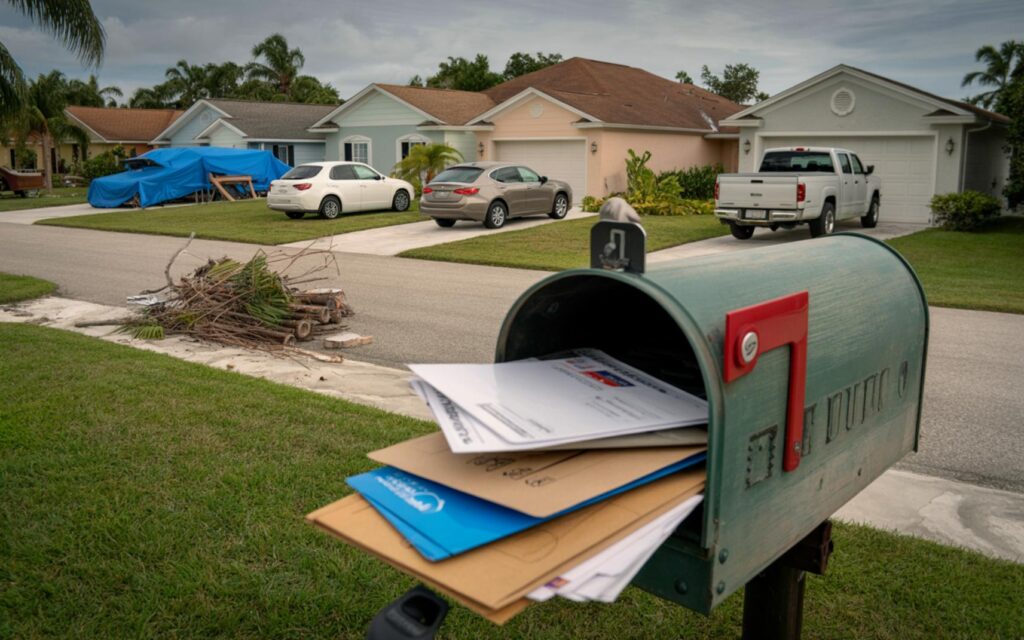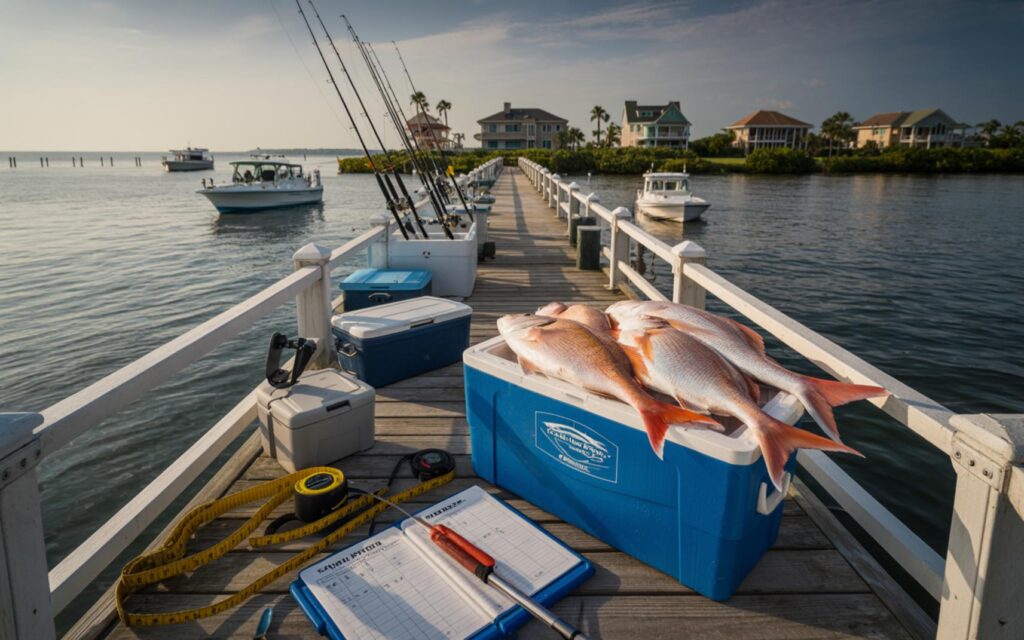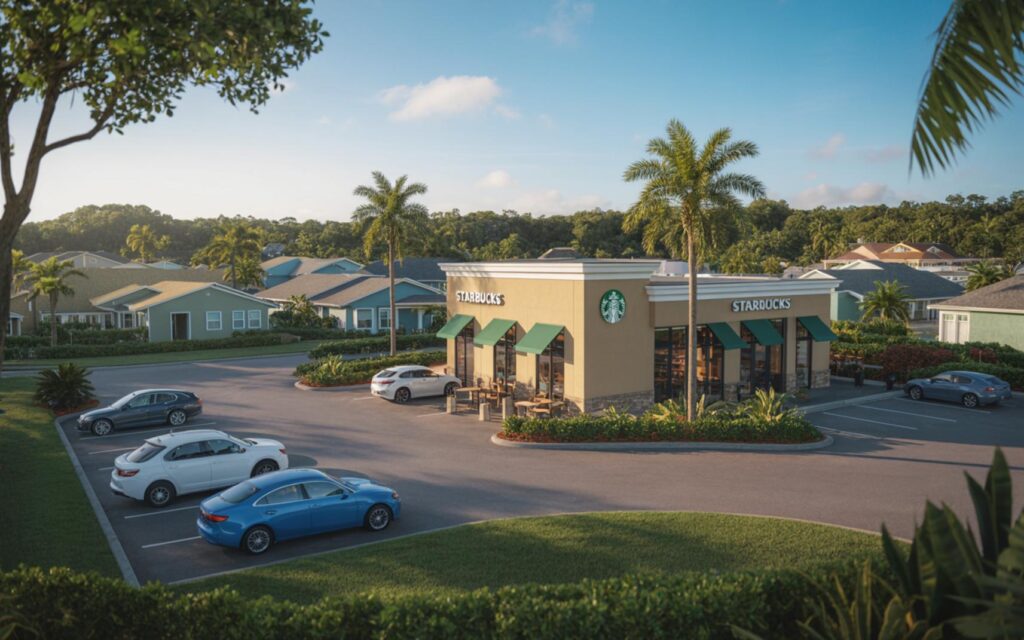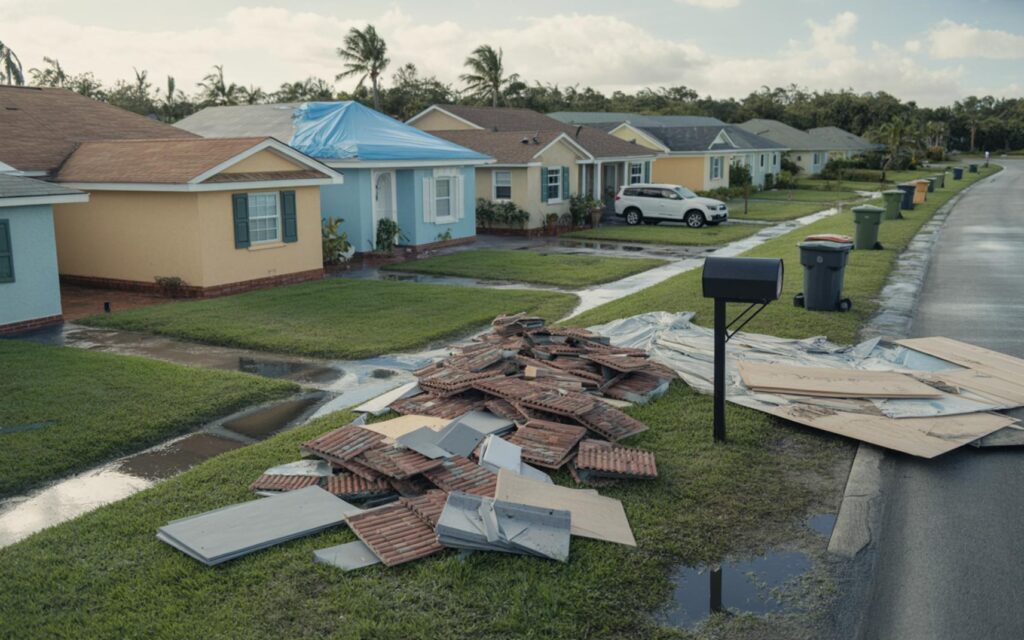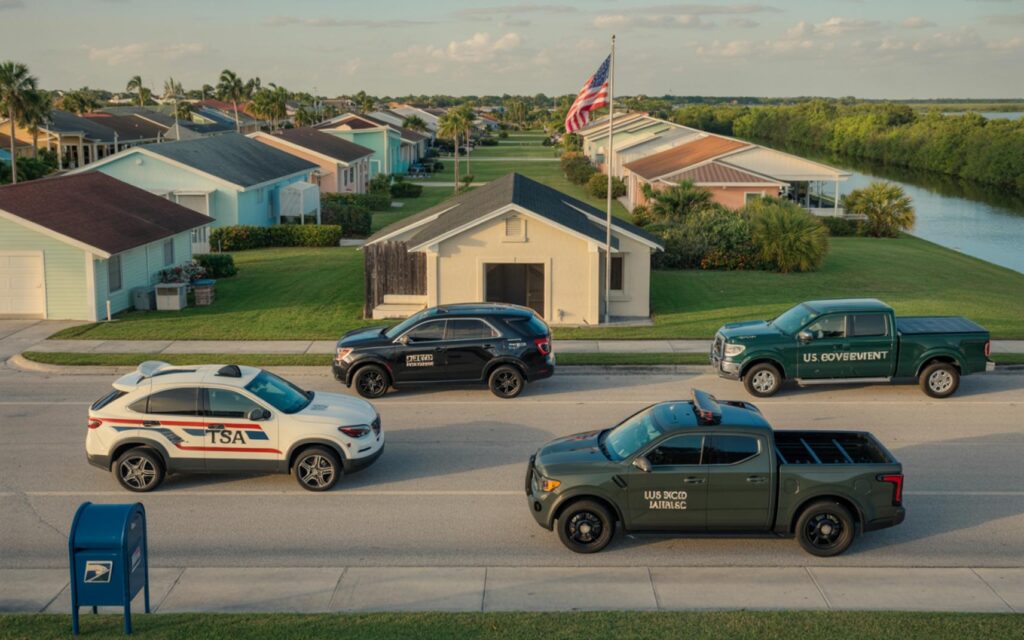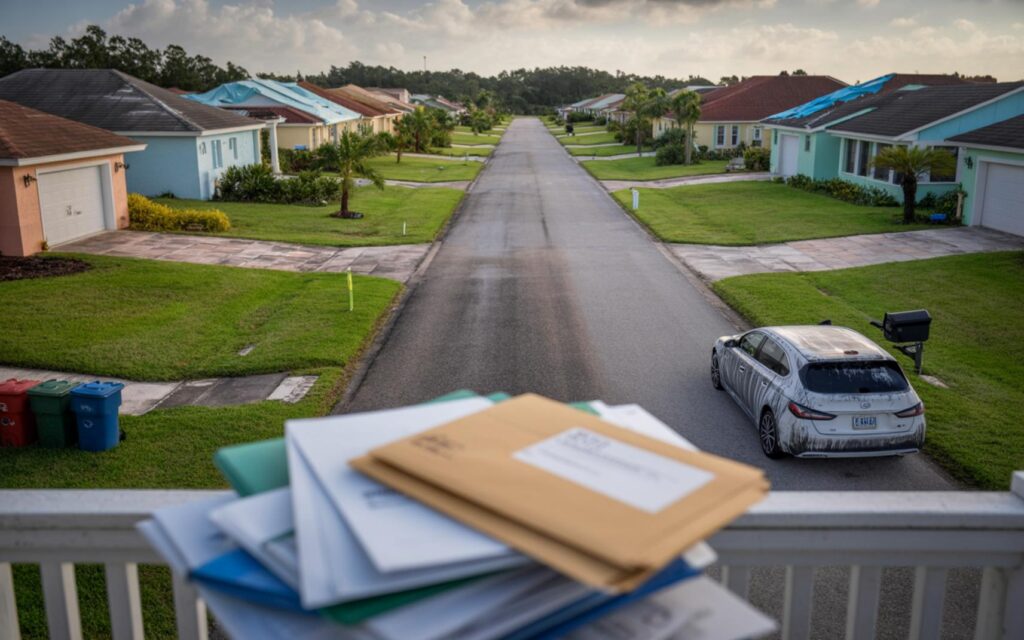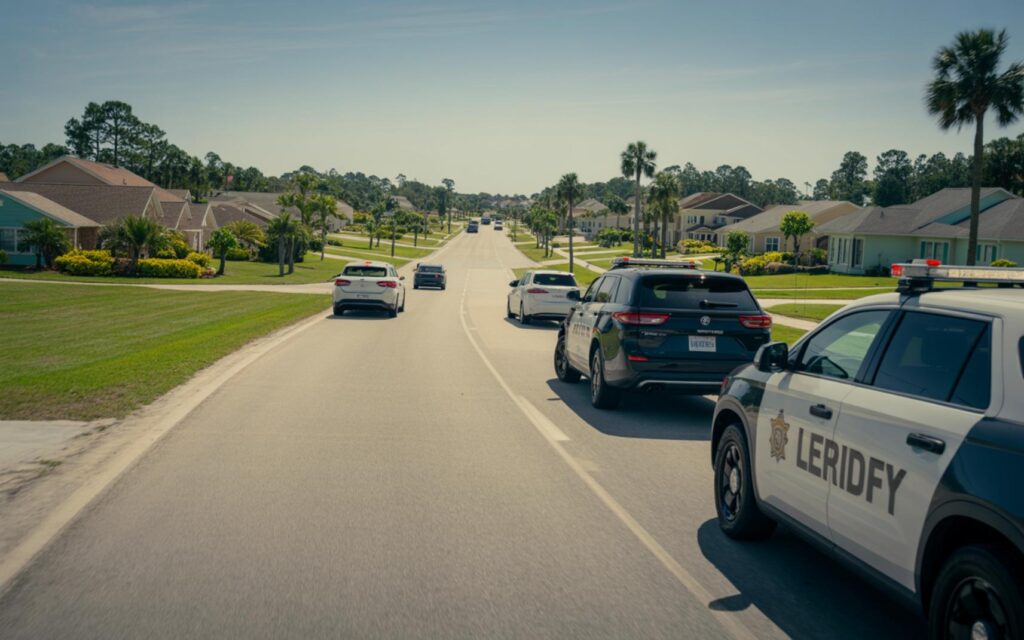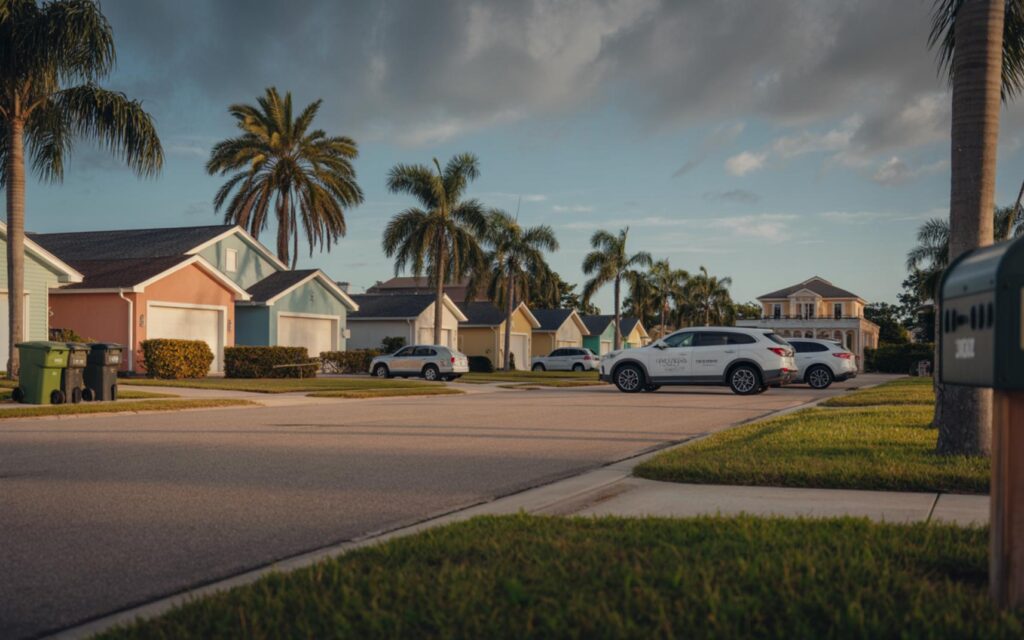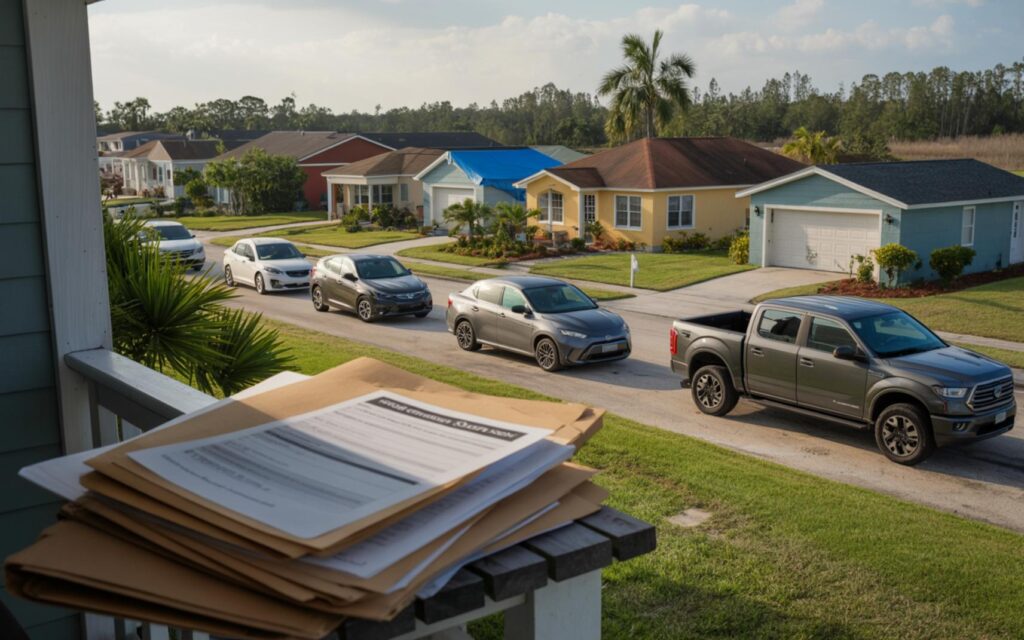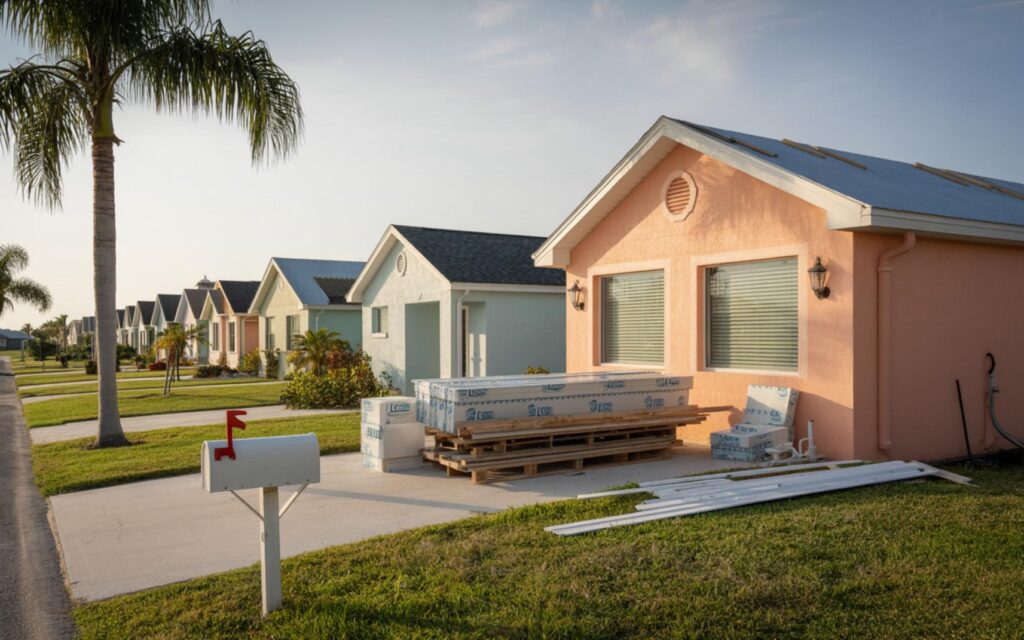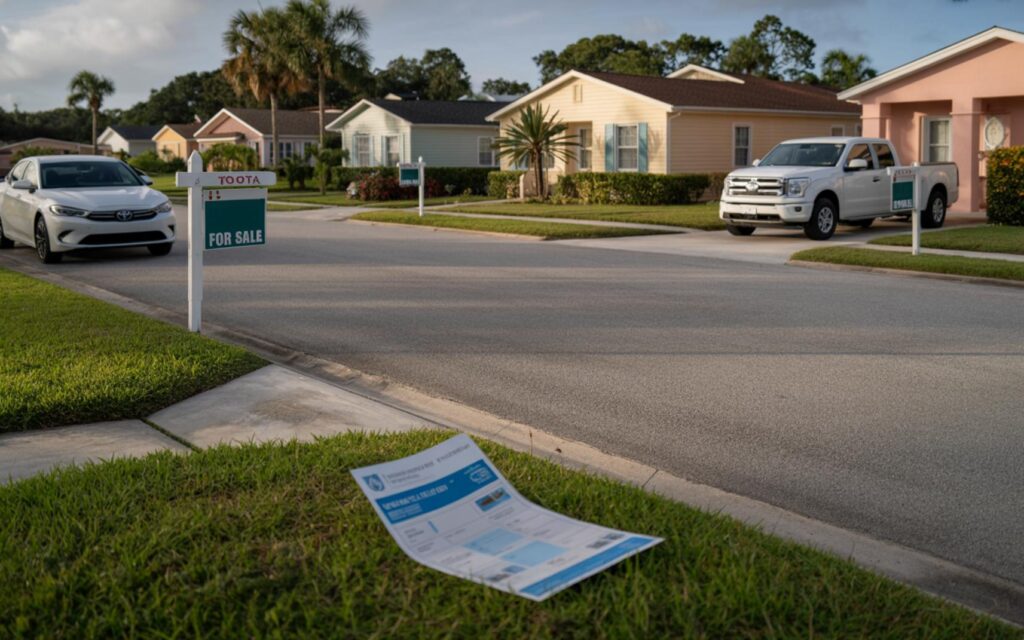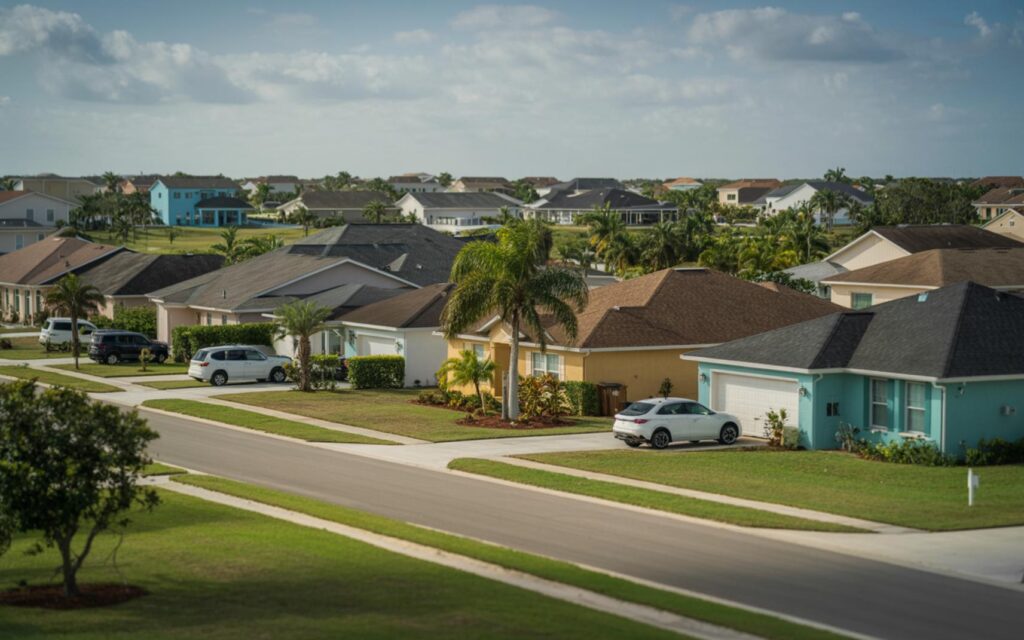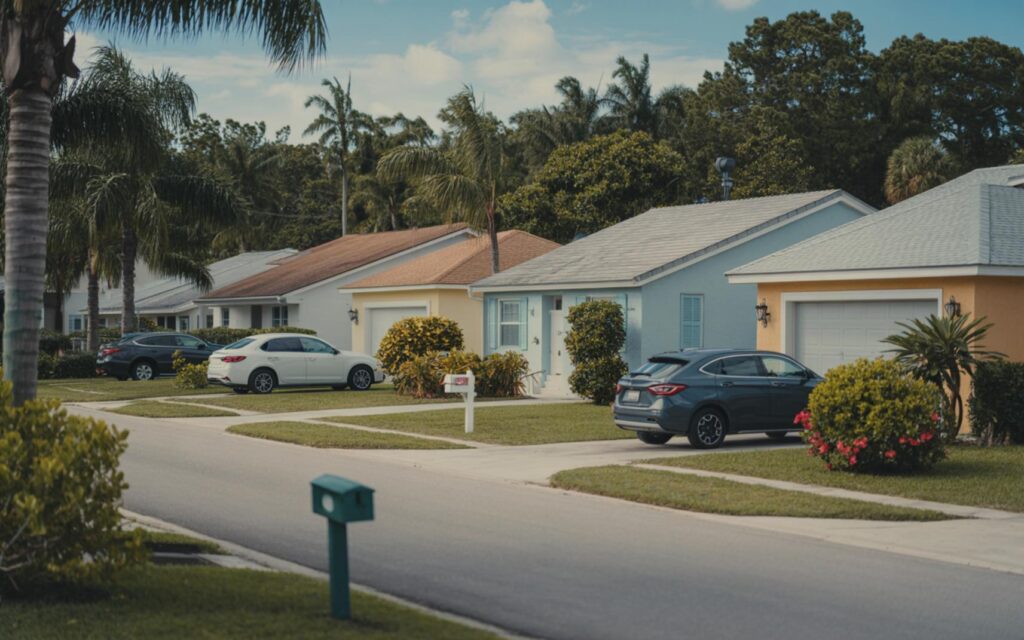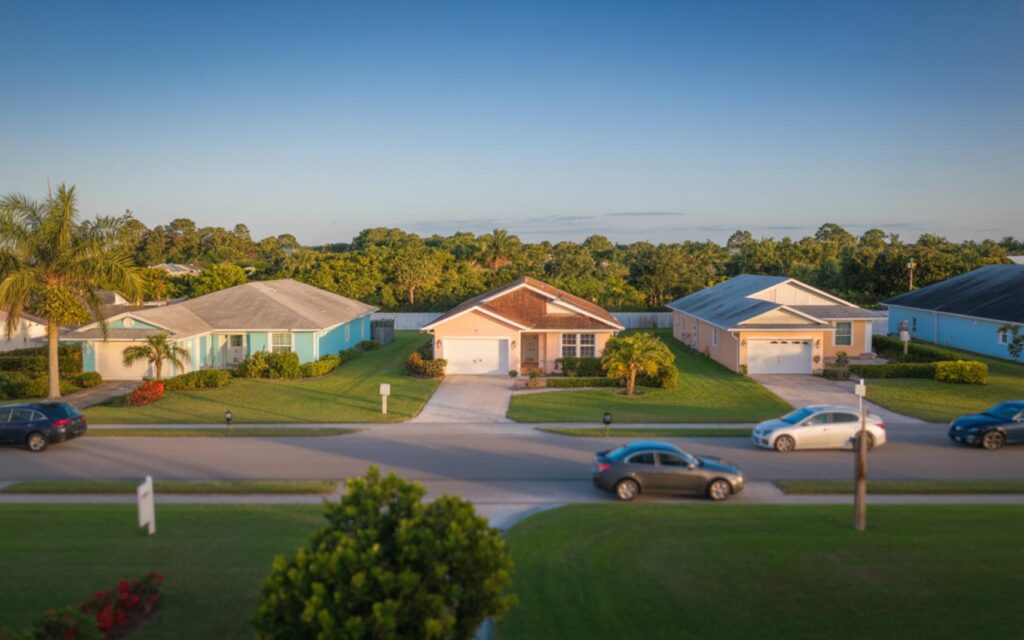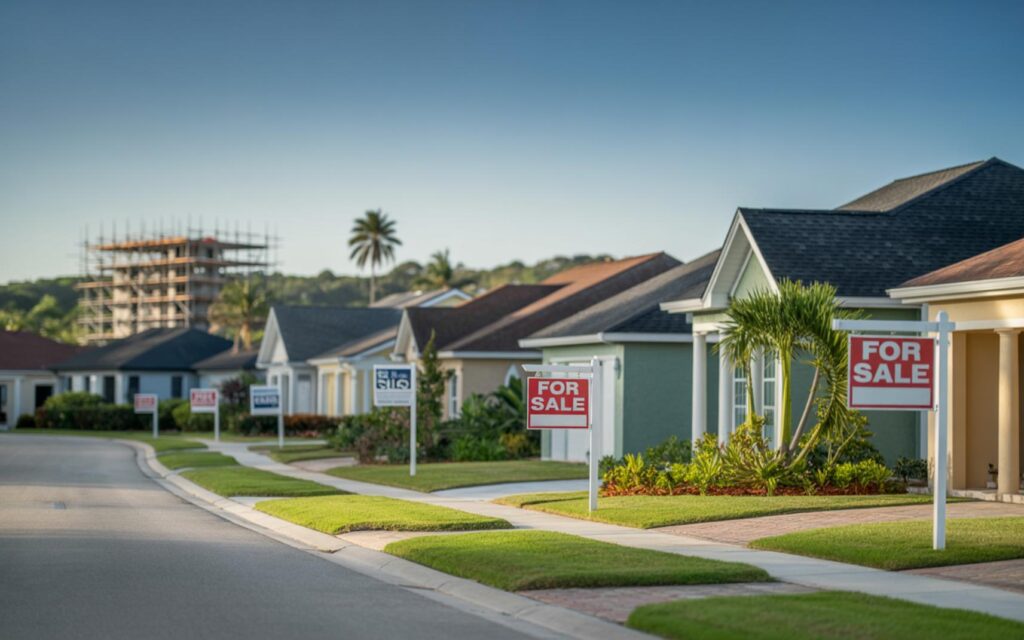Florida’s homeless population faces unique risks in the state’s health care system, with many losing access to essential care due to health insurance traps that exploit gaps in federal and state programs.
How Florida’s Homeless Are Snared by Health Insurance Traps
The issue of health insurance traps for Florida’s homeless has become a growing concern. According to recent reports, individuals experiencing homelessness are often targeted by insurance agents offering quick incentives to enroll them in subsidized marketplace plans. This enrollment can have severe consequences, including the loss of free clinic coverage and exposure to unaffordable medical bills. Local organizations, such as the Treasure Coast Homeless Council, have been working diligently to address these challenges and advocate for better protections.
Three Safety Nets and Their Conflicts in Florida
Florida’s health care landscape for the homeless is shaped by three main safety nets: Medicaid, Health Care for the Homeless (HCH) programs, and Affordable Care Act Marketplace insurance. Each program is federally funded but operates under different rules and eligibility requirements.
- Medicaid: Provides comprehensive, low-cost coverage but is largely unavailable to childless adults under 65 in Florida, as the state did not expand Medicaid under the Affordable Care Act.
- HCH Programs: Funded by federal grants (such as the W72 grant in Broward County), these clinics offer free care to uninsured homeless individuals. Eligibility is lost if the individual becomes insured, even unintentionally.
- ACA Marketplace Insurance: Offers subsidized private plans, but these often carry high deductibles and copays, making them inaccessible for people with no income.
According to official sources, these programs often conflict. Enrollment in a marketplace plan, even without full understanding, can immediately disqualify an individual from HCH coverage and prevent Medicaid approval. Initiatives like the Treasure Coast Initiative to support the homeless in St. Lucie County are seeking to bridge these gaps and provide more accessible care options.
Real-Life Impact: Loss of Free Clinic Access
At a meal distribution in Fort Lauderdale, agents have been observed offering cash or small gifts to homeless individuals in exchange for signing up for health insurance. According to reports from local clinics, patients like Brian—a 61-year-old relying on the W72 grant for psychiatric care—lost access to free treatment after unknowingly enrolling in a marketplace plan. He was subsequently billed for services he could not afford, falling into medical debt.
Another individual, identified as E, was promised a ten-dollar bill to enroll. After signing, he discovered his new plan had an $1,800 deductible, leaving him unable to obtain necessary medication for his heart condition.
Financial Incentives Drive Aggressive Marketing
Insurance agents in Florida are incentivized to enroll as many people as possible in marketplace plans. According to Becker’s Payer Issues, agents can earn upfront commissions of about $150 per enrollment, plus monthly residuals of $20–30 for up to a year. This creates a strong motivation to target homeless populations, even when enrollment may not be in the individual’s best interest. The Treasure Coast Council’s efforts to aid the homeless in St. Lucie County highlight the importance of community-based support in counteracting these aggressive marketing tactics.
- Agents: Receive immediate and ongoing commissions for each new enrollee.
- Insurance Companies: Gain multi-thousand-dollar federal subsidies for each policy issued, regardless of whether it is used.
According to federal guidelines, there is little regulation requiring agents to explain the consequences of enrollment, such as the loss of free clinic access or the risk of unaffordable deductibles.
Regulatory Gaps and Oversight Issues
The Centers for Medicare & Medicaid Services (CMS) oversees Medicaid and Medicare, but does not directly regulate HCH grants or marketplace enrollments. State-level oversight is limited, and there is no mandate for agents to disclose that signing up for a marketplace plan will cancel access to programs like the W72 grant.
Field Marketing Organizations (FMOs) act as intermediaries, distributing payments to agents without ensuring that enrollees understand the impact on their health care options. This lack of oversight allows questionable and sometimes illegal practices to persist, according to official sources.
Data Highlights: Florida’s Coverage Gap
A 2024 study in The American Journal of Accountable Care found that 61% of homeless adults nationwide are insured, but only 39% use Medicaid or Medicare. In Florida, thousands of childless adults fall into a “coverage gap”—earning too little for marketplace subsidies but unable to access Medicaid.
- 39% of homeless adults remain uninsured.
- 22% are covered by private plans, which are often unsuitable due to high out-of-pocket costs.
- Homeless adults use emergency rooms at a rate of 141 visits per 100 people annually, compared to 40 for housed adults.
According to official sources, recurring paperwork and strict documentation requirements often result in lapses in coverage, pushing more homeless individuals to rely on emergency rooms for care.
How the Safety Net Fails in Practice
Medicaid requires documentation and periodic renewals, which are difficult for people without stable housing. W72 grants provide free care only to those who are both homeless and uninsured. Enrollment in a marketplace plan—even if fully subsidized—removes eligibility for grant-funded care.
According to local clinics, a single signature on a marketplace form can result in immediate disqualification from essential services, leaving individuals with no affordable options for treatment or medication.
Systemic Incentives and the Human Cost
Federal dollars intended for patient care are often diverted to agent commissions, insurance premiums, and administrative overhead. Clinics operating on tight margins are forced to turn away patients who have been unknowingly enrolled in private plans, even when medically necessary.
This system drives overuse of emergency departments and increases preventable hospitalizations. According to official sources, the lack of coordination between federal programs, private insurers, and local clinics exacerbates chronic disease and financial instability among Florida’s homeless population.
Calls for Oversight and Reform
Experts and advocates highlight the need for better alignment between federal programs, increased transparency in insurance practices, and stronger oversight of agent activities. Without these changes, the safety net designed to protect vulnerable populations will continue to create new barriers and risks.
Frequently Asked Questions About Health Insurance Traps for Florida’s Homeless
What is a health insurance trap for homeless people in Florida?
A health insurance trap occurs when a homeless person is enrolled in a subsidized marketplace plan, often without understanding the consequences. This enrollment can disqualify them from free clinic care and leave them with unaffordable medical bills.
How much can insurance agents earn by signing up homeless individuals?
According to industry reports, agents can earn about $150 upfront for each new enrollee, plus $20–30 per month in residuals for up to a year. These incentives encourage aggressive marketing in shelters and meal lines.
Are there free health care options for homeless adults in Florida?
Yes, clinics funded by federal grants like the W72 program offer free care to uninsured homeless individuals. However, enrolling in any insurance plan—even unintentionally—can make someone ineligible for these services.
Can you lose access to free clinics by signing up for health insurance?
Yes. According to official sources, signing up for a marketplace plan makes a homeless person “insured,” which disqualifies them from grant-funded free clinics like those supported by the W72 grant.
Where are health insurance traps most common for Florida’s homeless?
Health insurance traps have been reported in cities like Fort Lauderdale, especially at meal distributions and shelters where agents target homeless individuals with cash or small gifts in exchange for enrollment.
Port St Lucie Talks




